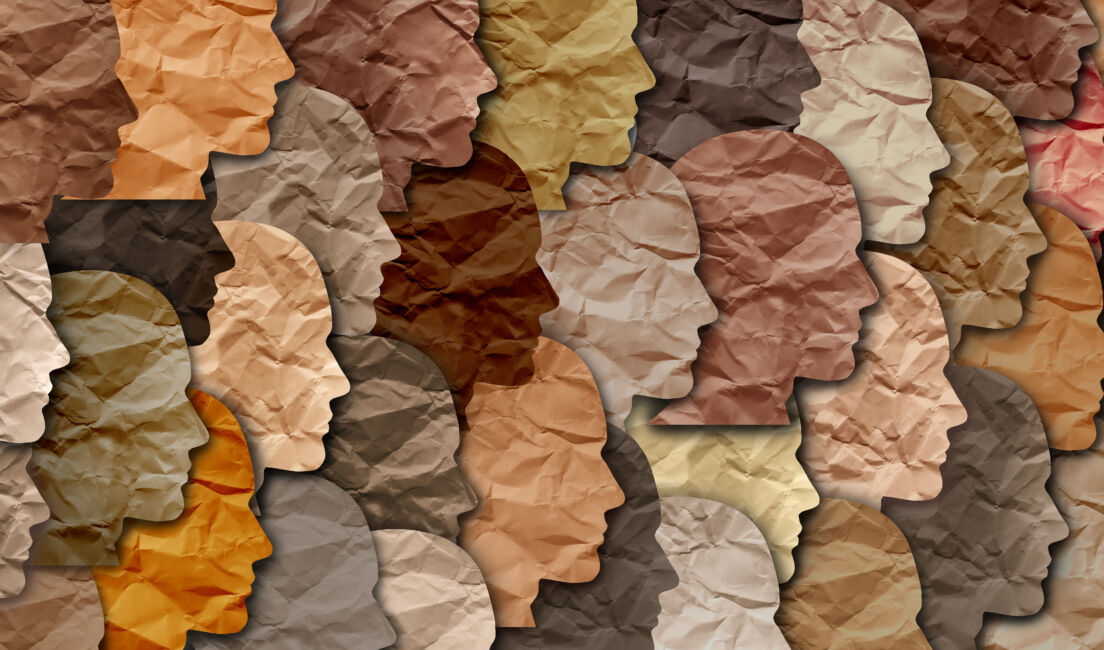Political arguments, our baggage, and 5 links worth your time
Conversations about race

I have little patience for political arguments, but not for the reasons you might think.
Having my political opinions challenged doesn’t upset me. Most of my opinions are unconventional, so it’s far more unusual that someone would agree with me than that they’d argue with me.
Disagreement about politics also doesn’t make me uncomfortable. Some of my best memories from my childhood are dinner table arguments I had with my father about a political opinion one of us held.
As an adult, however, I’m frustrated by political arguments because so often they seem to focus on whether or not to enact new laws to address social problems.
New laws and new conversations
I’m not an anarchist, and I do think laws and the rule of law are essential to a peaceful and prosperous society.
I don’t think that some of the most important challenges we face will be resolved simply by making new laws. Sometimes, though, it’s just easier to argue about new laws than it is to listen to and talk with one another.
In this week’s podcast, our guest is Erec Smith, a professor of rhetoric and composition who, among other things, studies how we talk and write about diversity and identity. We discussed the difficulty of talking about race, what conversations can accomplish, and the proposed legislation some states are considering to ban the teaching of critical race theory.
Piles of suitcases
We’re not doing too well when it comes to conversations about race.
We’re more comfortable arguing about whether to ban the teaching of critical race theory than we are talking and listening to one another about racism. When it comes to talking about contentious topics, Professor Smith says each of us brings a lot of baggage to the discussion. In conversations about race, regardless of who we are, we bring so much baggage that “the suitcases are stacked up so high we can’t see the other person for who that person is.”
He noted that the “primary ideology” we apply to conversations about race today casts participants in one of two roles: the oppressor or the oppressed. When we begin with presumptions based on a single fact about our interlocutor, we can’t be surprised when our conversations go poorly.
Conversations alone won’t reduce racial tensions, but Professor Smith believes conversation does have an important role to play in enabling us to work together to address challenges.
Pack light
We can’t leave all of our baggage at home when discussing race, but we should pack light if we hope to accomplish positive change. Professor Smith notes that we can’t show up to a discussion without ideas or pre-established opinions, but we can bring an “open heart, mind, and will” and be “willing to relinquish” those ideas and opinions when we’re proven wrong.
This week, I hope you’ll listen to the conversation with Professor Smith on our podcast. Our five links include his writing and his efforts to give an open platform to Black voices, recent news on legislation to ban the teaching of critical race theory, and some civil conversations about race.
5 links worth your time
- Here’s why this professor still talks to white people about racism.
- A roundup of legislative efforts to ban teaching critical race theory and how this has impacted teachers.
- Listen to these two experts debate whether or not Critical Race Theory has become a distraction to bigger challenges in education.
- Find out what this Brown University professor thinks of the phrase ‘systemic racism.’
- This website uplifts those Black voices that are less represented in media today.
Photo by freshidea on Adobe Stock